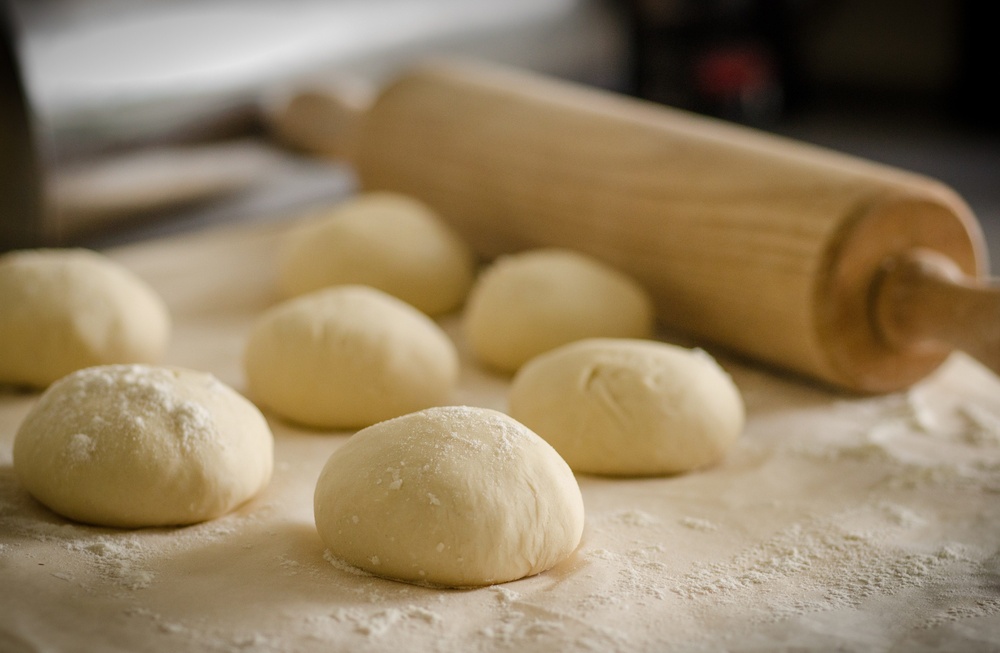6 Oct 2020
Why Tax Advisers prefer oysters to other aphrodisiacs

UK VAT law allows certain essential items to be sold free of VAT. But this means we need complicated rules to define, for example, what “food” means for VAT purposes. Anyone who has ever argued that the UK should scrap its zero-rates of VAT because they create too much uncertainty over borderline products might be interested in two recent cases elsewhere in Europe.
The first case involved aphrodisiac capsules, drops, powders and sprays.
European law allows member states to apply a reduced rate of VAT on food, food supplements and food substitutes (the UK went further and insisted it be allowed to apply a zero-rate).
The proprietor of a Dutch sex shop (referred to only as “X”) argued that for the purposes of EU food safety legislation, food had a very wide meaning and included any substance or product intended to be ingested by humans.
The European Court of Justice decided that the food safety definition wasn’t the correct test, which was whether the product was consumed for its nutritional value. As X’s products were consumed to stimulate sex drive, not to provide the body with nutrients, they didn’t qualify for a lower rate of VAT. It did however clarify that certain seafoods were foodstuffs even though they are said to have an aphrodisiac effect in addition to their nutritional value.
Of course, in the UK, oysters would be zero-rated for VAT as a grocery item, but a restaurant has to charge VAT on meals.
The second case involves Subway’s “submarine sandwiches” sold in Ireland. Ireland, like the UK, permits zero-rating for certain food, including bread. However, Irish law distinguishes between bread as a 'staple' food, which should be zero-rated, and other baked goods made from dough. Because Subway’s rolls reportedly have a sugar content of 10% of the weight of the flour, it failed to meet the definition of bread, and so lost the case.
In the UK, if you eat your Sub on the premises, this is catering. While cold takeaway food can be zero-rated, some years ago HMRC was successful in arguing that toasted subs should be standard-rated as hot food, even though the taxpayer argued that the purpose of toasting the roll was solely to firm up the bread and improve texture and flavour.
HMRC subsequently changed the law to redefine “hot food” which now includes anything cooked to order. However, rather than consult with industry to produce workable legislation, its initial rushed attempts were poorly received and after being labelled “the pasty tax”, were revised.
Proving that the rules around what rate of VAT is due are not only complicated, but difficult to reform/simplify.
That’s enough VAT for now, time for some seafood…